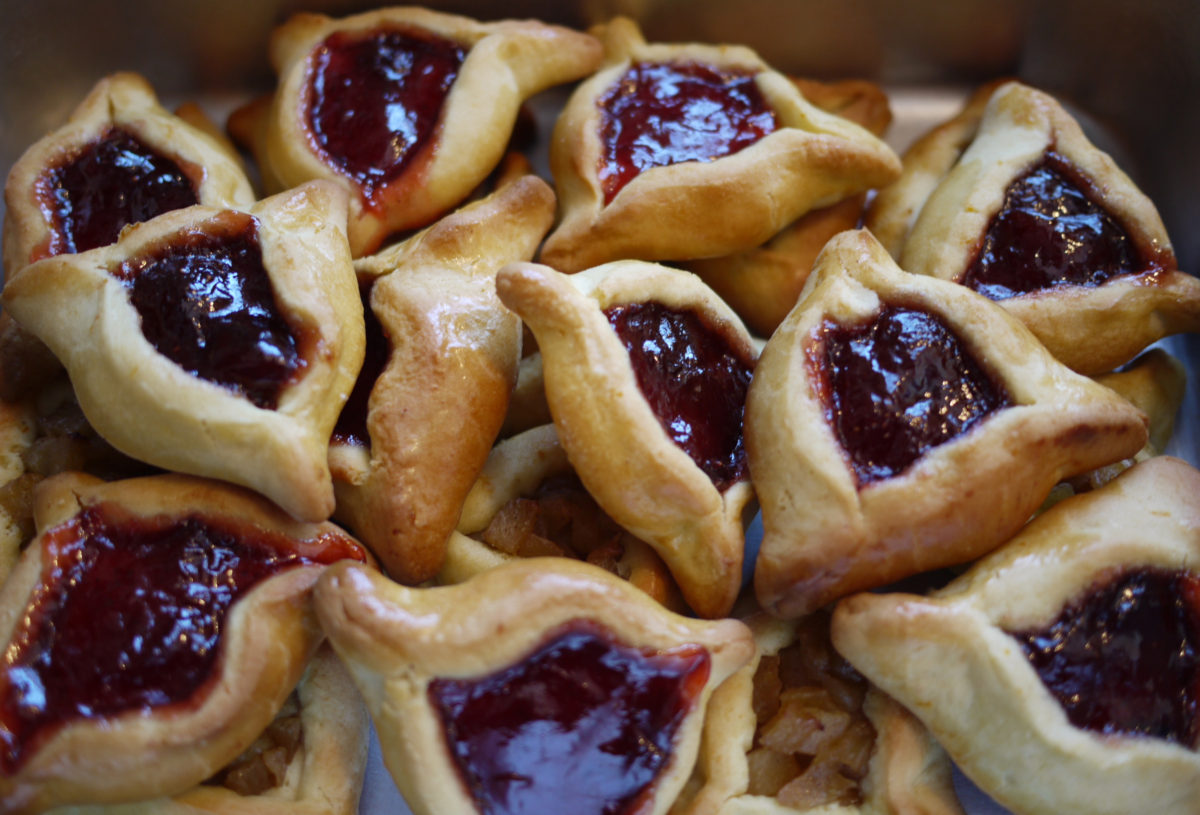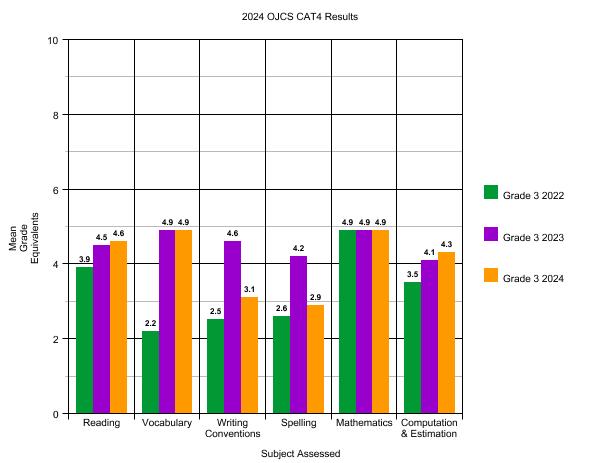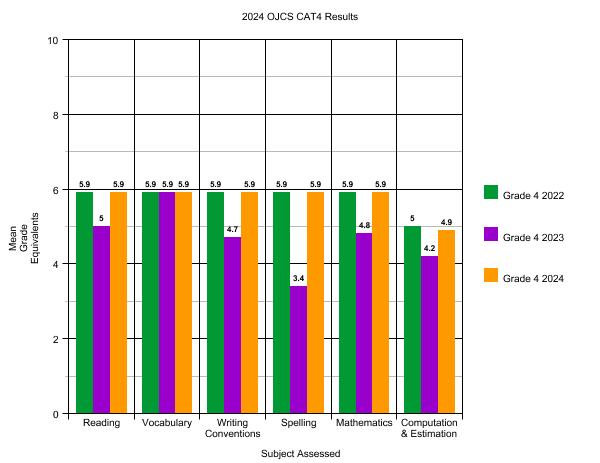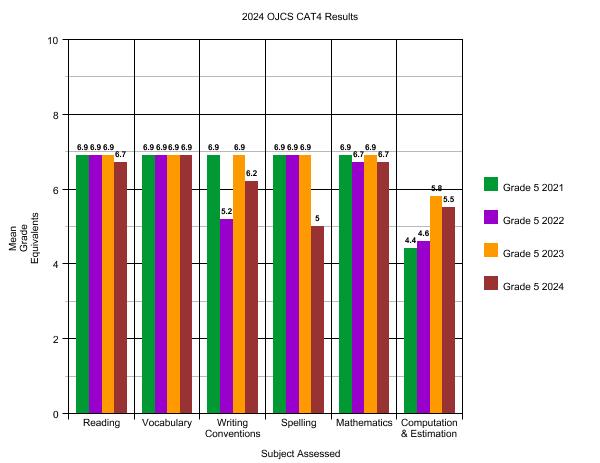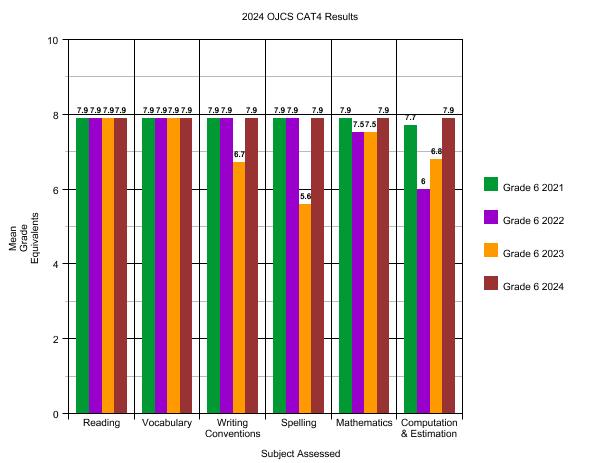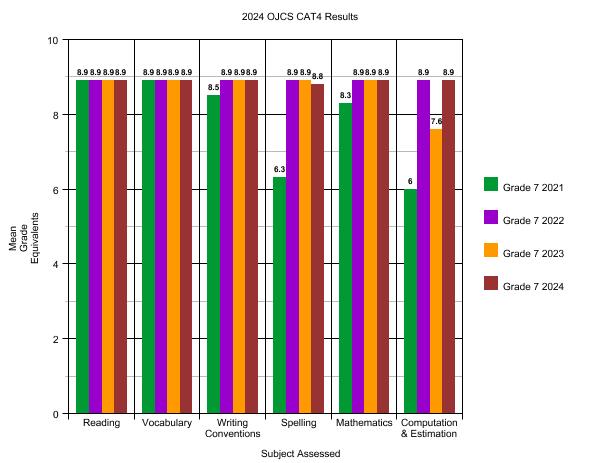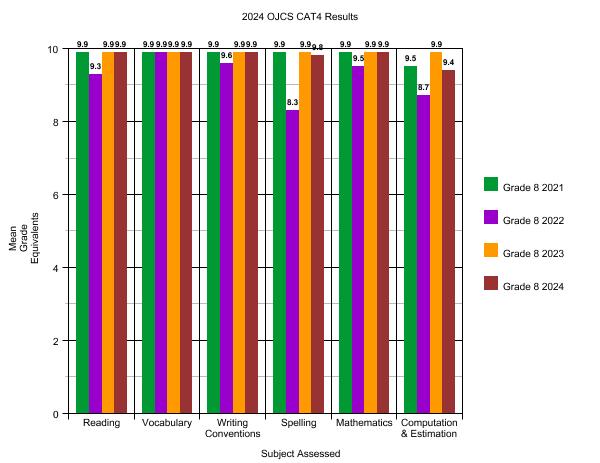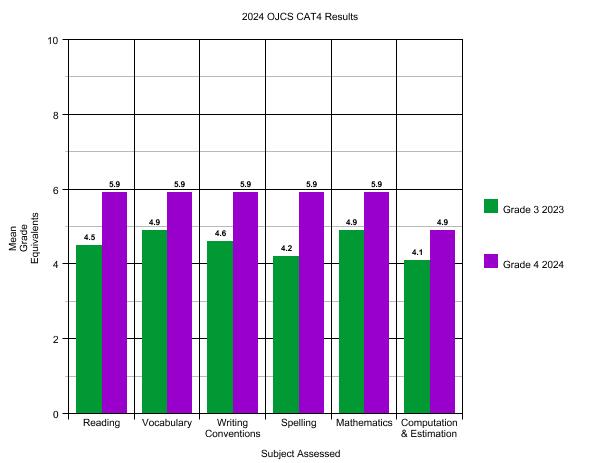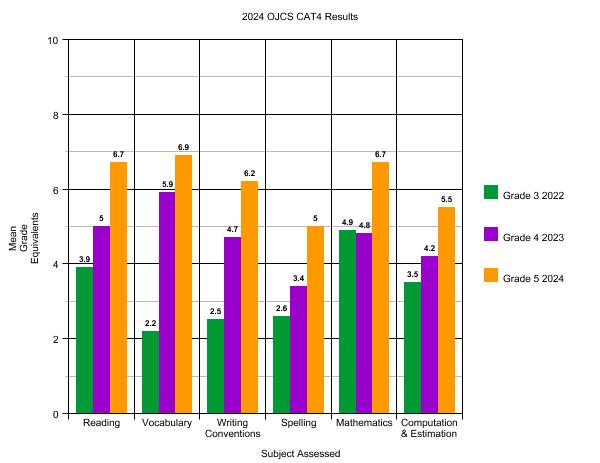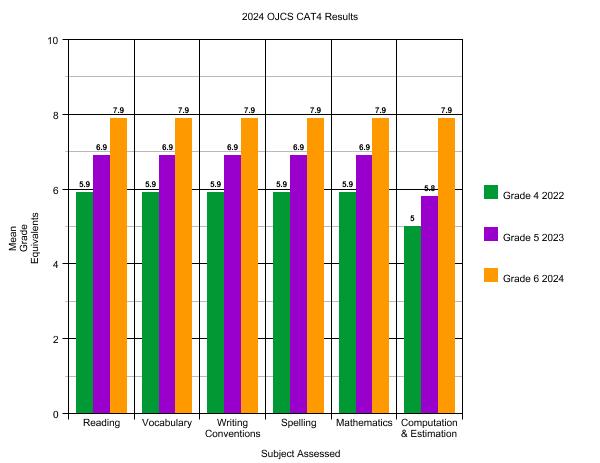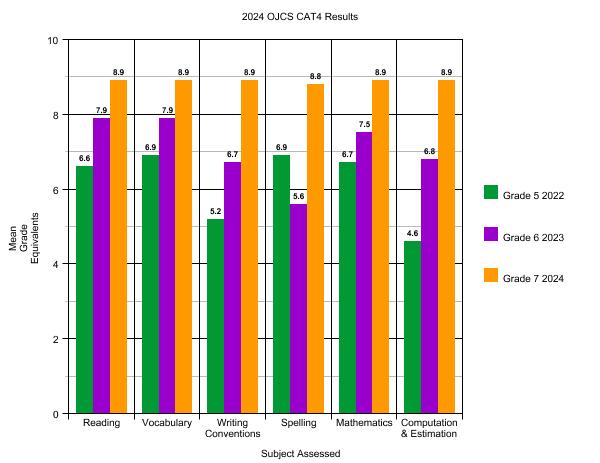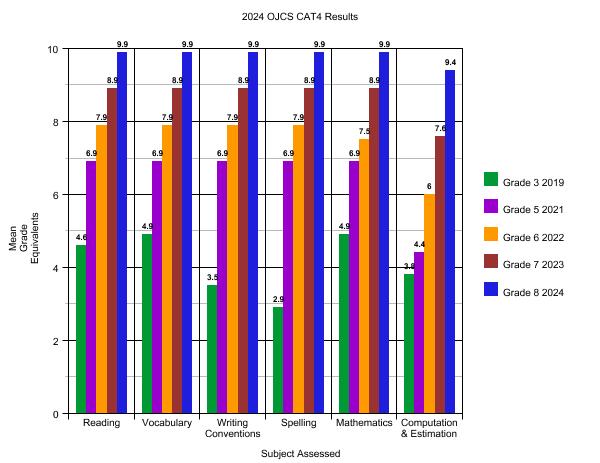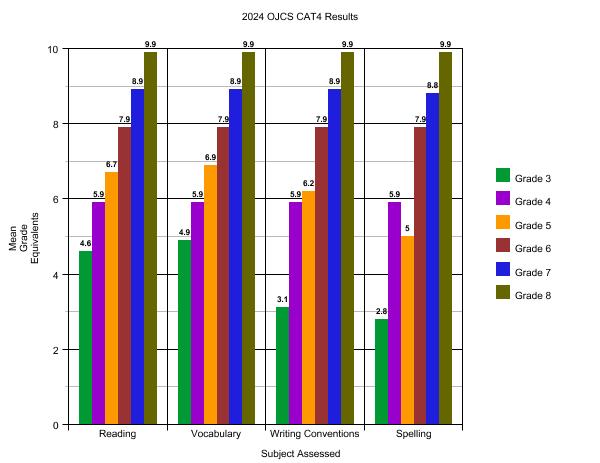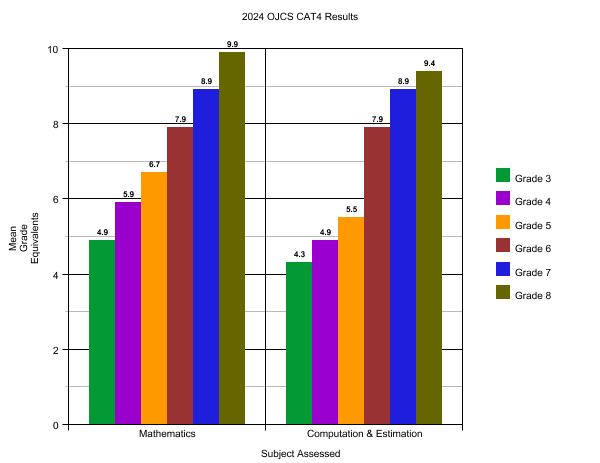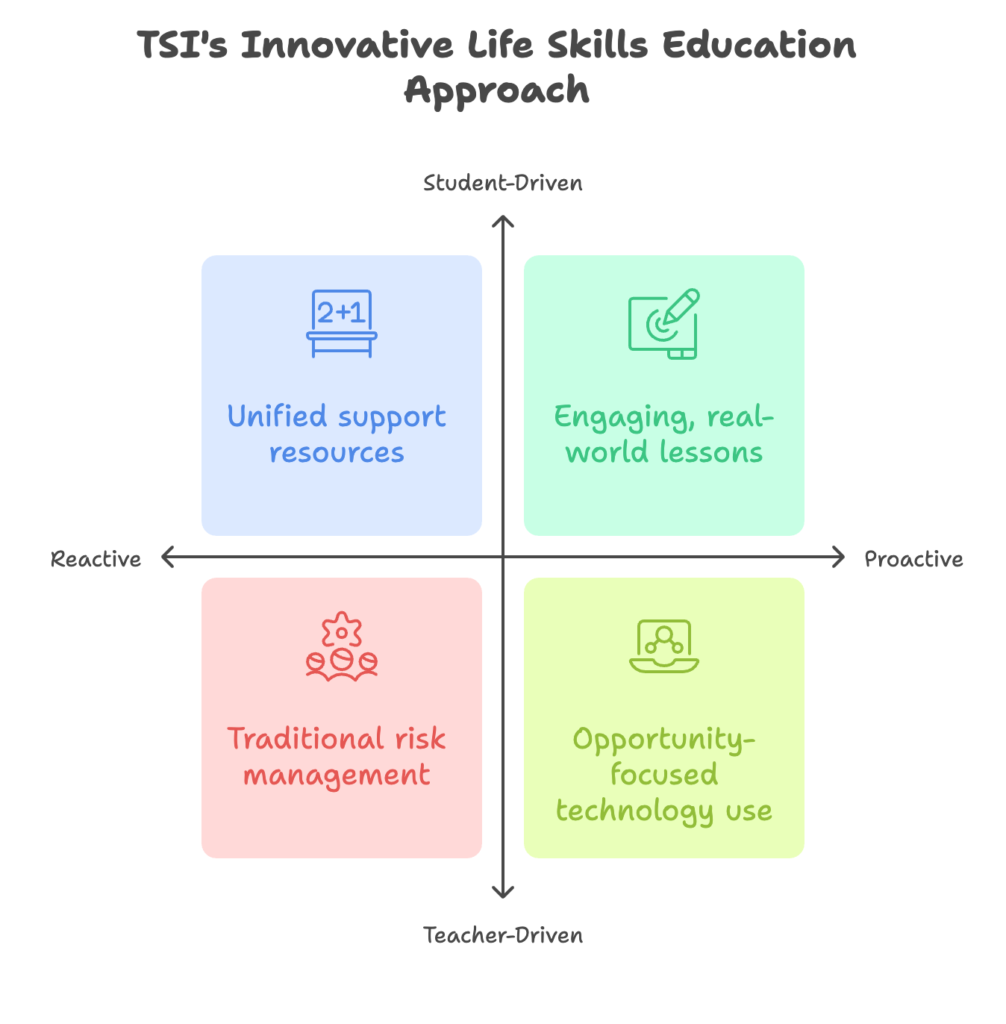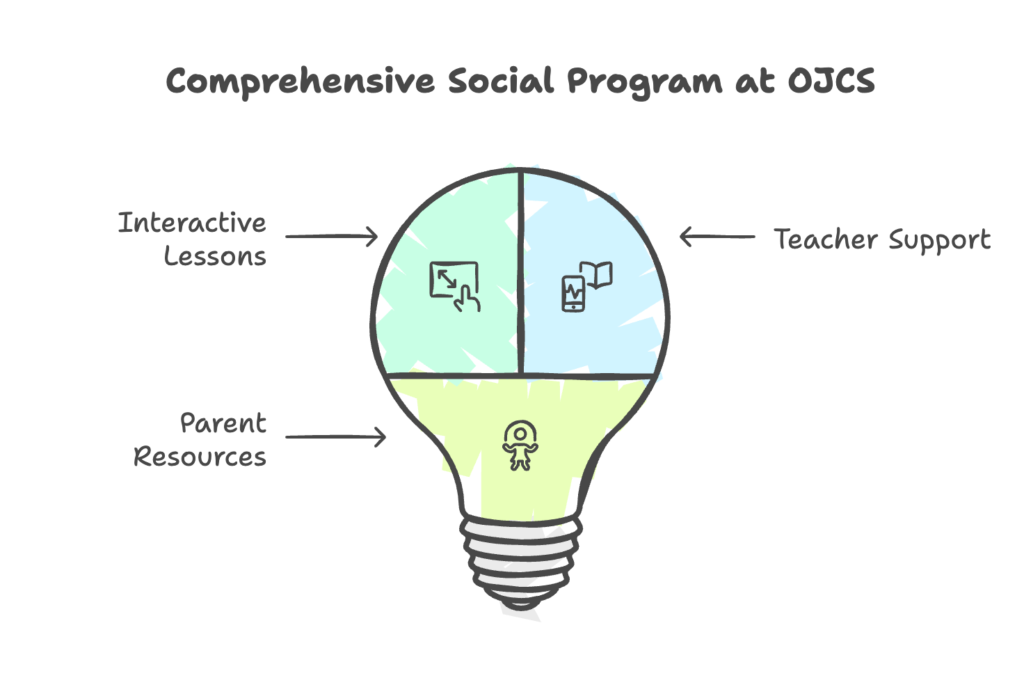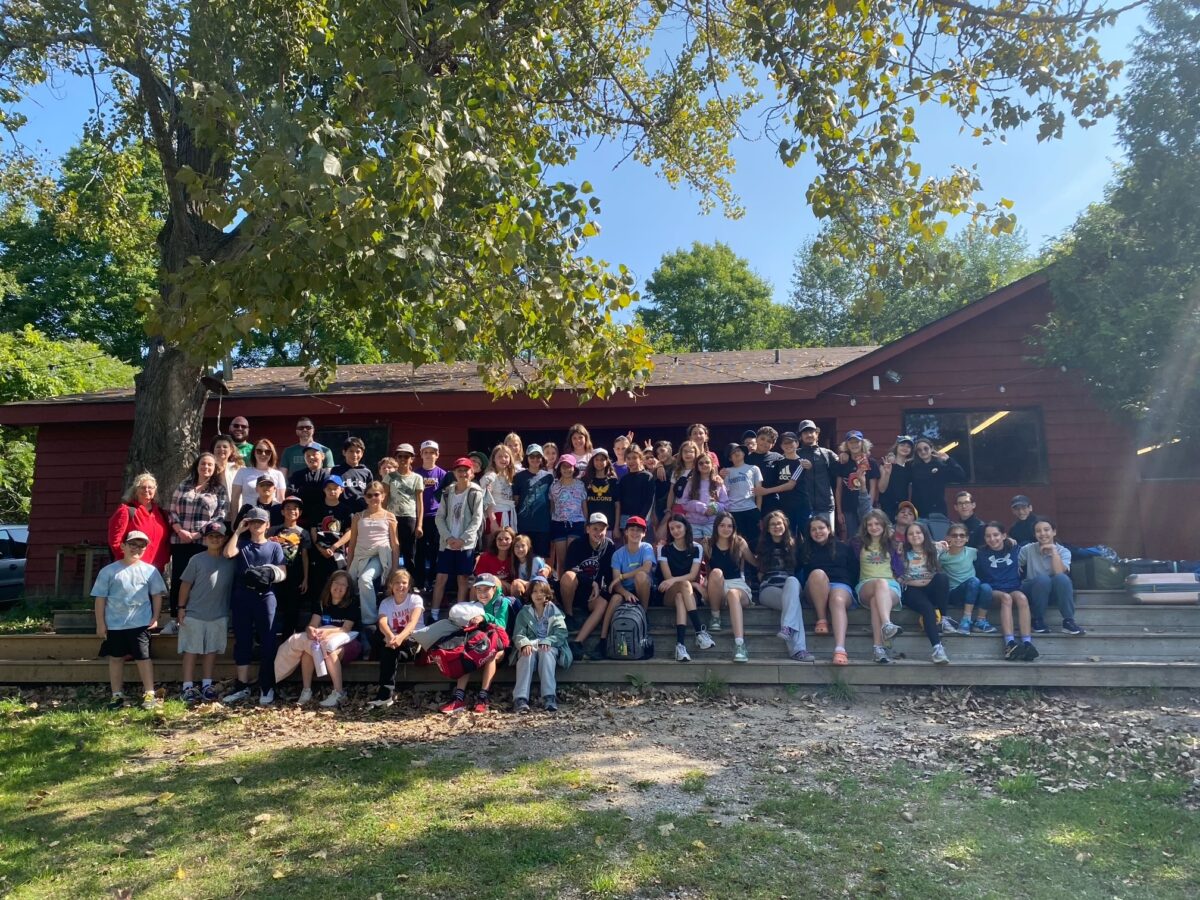This will be my eighth—and final—Purim blog post as Head of OJCS. Which means that if you’ve been following along over the years, I have spent almost an entire elementary school career trying to convince parents that Purim is not just for kids.
Why?
Every year, I make my impassioned plea: Purim is not just for children. It’s for you, too. And every year, I watch as parents cheerfully send their kids to school in full costume while they show up to Megillah reading in…business casual. Let’s take one final crack at trying to fix that.
Shabbat Zachor and the Art of Forgetting
This week, we read a special maftir (Deut. 25:17-19) for Shabbat Zachor in which we receive our annual reminder to “Remember what Amalek did to you.” And, paradoxically, to also “Blot out the memory of Amalek.” It’s an exercise in selective forgetting—we remember what we must, and we let go of what we don’t need.
Now, I’m not saying Purim is Amalek (though honestly, some store-bought costumes should be erased from history!). But I do think that we adults have a forgetting problem—not just in the Jewish memory sense, but in the “regular human” sense. We forget how to play. We forget what it feels like to dress up, be silly, make noise, and fully embrace joy for no other reason than because it’s fun.
Remember when you were a kid and Purim was the absolute best? When the most important question in February wasn’t about tax season, but about whether your costume was cool enough? When “going all out” didn’t feel cringey or embarrassing but was just what you did?
And then, somehow, you grew up, and now you’re the one saying, “Oh, Purim is for the kids.”
Purim as an Act of Defiance
Here’s the thing: Purim is, quite literally, a holiday about turning things upside down. It’s about disrupting the normal, flipping expectations, and making joy where there wasn’t any. And if that’s not the exact prescription we need right now, I don’t know what is.
Let’s be honest—the world feels pretty heavy these days. There’s plenty of darkness, and plenty of reasons to feel overwhelmed. Which is why Purim isn’t just about fun; it’s about resilience.
When we dress up, when we laugh loudly, when we lean fully into the absurdity of Purim, we are choosing joy as an act of renewal. We are reminding ourselves, and the world, that no matter what happens, we are still here, and we are still celebrating.
It’s not just play—it’s resistance. And, frankly, it’s a lot more fun than doomscrolling.
A Parting Personal Challenge to Parents
So here’s my ask—no, my challenge—to you, dear OJCS parents: This year, don’t just be a Purim facilitator. Be a Purim participant.
- Dress up. Not just a token hat or a pair of oversized sunglasses. Go full costume. Channel your inner eight-year-old and go all in.
- Make noise. Be louder than your kids during the Megillah reading. (Yes, you might embarrass them. That’s the point.)
- Show up. To school, to shul, to all of it—not as an observer, but as someone actively playing along.
- Be ridiculous. Lean into the silliness. You’re not “too old” for this. In fact, you’re exactly old enough to need it.
Let’s fill our spaces with laughter, with costumes, with unrestrained, uninhibited celebration.
And Now, a Practical Reminder: Ruach Week is Coming!
Next week is Shavuat Ha’Ruach—Ruach Week—our school’s annual lead-up to Purim. Each day will bring a different theme, a different excuse to dress up, and a different chance to remember what it feels like to just have fun. And it all culminates next Friday with Purim itself. (Check the Classroom Blogs for all the costume themes, mishloach manot information, etc.)
So consider this your official principal’s permission slip to be ridiculous. To reclaim the joy of Purim. To remember what it’s like to see the world the way your kids do.
And this year, please, for the love of all things hamantaschen, wear a costume.
Chag Purim Sameach!

